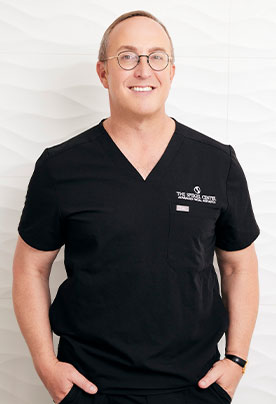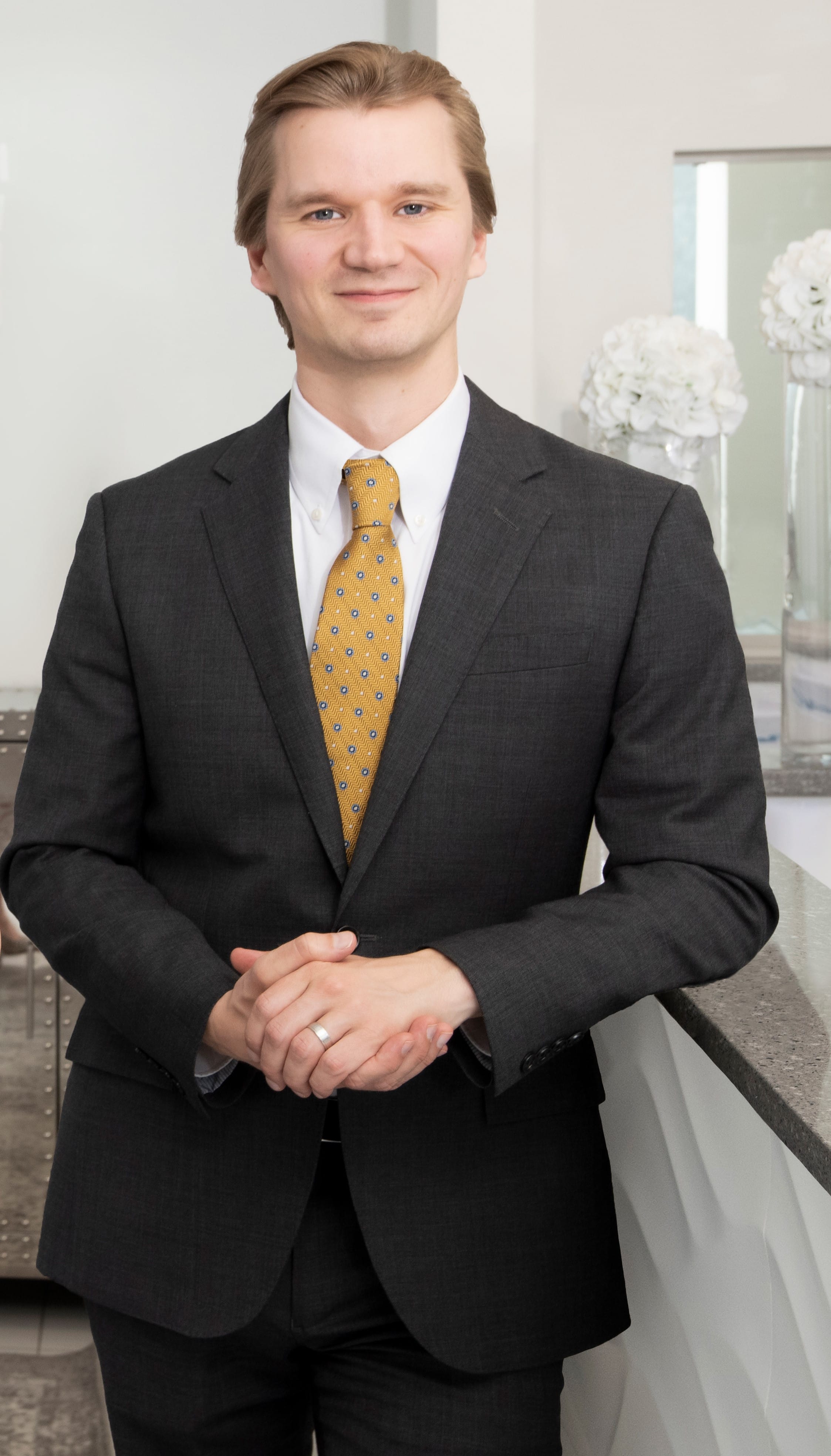
Almost every day, I see patients who are suffering from hair loss. It is not always the primary reason for the patient’s visit, but it comes up quite frequently in conversation. As I start to examine the scalp and hairline for a brow lift, for example, patients wonder aloud or remark on their progressive hair loss. It seems the more they stress over it, the worse it gets. When I ask what they have tried, if anything, they are often surprised that anything can even be offered.
Platelet-rich plasma—abbreviated into “PRP”—is usually among the first options that we explore for treating hair loss. PRP is created from a process that begins with collecting a small amount of the patient’s own blood, and results in a serum of concentrated platelets and growth factors. Believe it or not, the body’s own medicine—PRP—is among the best for hair restoration, but without the side effects of pharmaceuticals. The process of creating PRP is quick and easy and can be used for hair restoration, as well as skin rejuvenation, scar treatment, and other applications. In the field of orthopedics, PRP is used to stimulate soft tissue and joint healing. For hair loss, PRP is injected into the scalp to promote hair growth.
I explain to patients that platelet-rich plasma injections work much the same way as fertilizer for a vegetable garden. If you apply fertilizer today, don’t expect a bountiful harvest tomorrow. Results from PRP are expected over months, not days. Moreover, to appreciate and maintain substantial improvements in hair quality, multiple treatments are anticipated (often on a monthly basis). Just like gardening requires ongoing attention, so does your scalp. However, once you see the benefits of PRP and how easy it is, you will be eager for more, and the injections become less frequent.
So, who is this for? Who is the ideal candidate for platelet-rich plasma? The most common application of PRP is for patients with androgenic alopecia—the most common type of hair loss among men and women. Hair loss can be related to or worsened by nutritional deficiencies and other common disorders (e.g. anemia and thyroid dysfunction), but healthy adults are highly susceptible to androgenic alopecia. Some patients may have already started taking a nutritional supplement (i.e. Nutrafol), or may already be using pharmaceuticals to boost hair growth (minoxidil, finasteride, or spironolactone). PRP is an additional modality that can be used as a standalone method or alongside these other treatments to increase the support and stimulation for your hair follicles to grow. In many cases, it is even used as an adjunct to hair transplantation. PRP can help stabilize hair loss or recover lost ground by increasing follicular density. Many people assume that because their parents or grandparents had some degree of hair loss, they are also destined for the same. However, this is not necessarily the case, and you should not exclude yourself from treatment because of your family history.
Although the idea of PRP may sound novel to you, there have been dozens of high-quality peer-reviewed studies examining the effect of PRP on hair restoration, and there are solid subjective and objective outcomes that support this treatment. It is simply the real deal. Because PRP comes from your own body, there are very few contraindications to the treatment and few reported complications. There may be some temporary discomfort at the injection sites and transient erythema (redness), but the procedure is generally well-tolerated by all. Unlike surgical treatments (e.g. hair grafting), there is no special post-procedure recovery protocol that needs to be followed, and patients are able to return to their normal routine the next day (including showering and exercising).
In summary, there are an overwhelming number of reasons and situations when PRP should be considered for hair loss. For men and women, young and old, at different stages of hair loss, PRP is often a foundational pillar for a hair restoration treatment plan. We hope to help you along your hair restoration journey with this quick and easy treatment!





